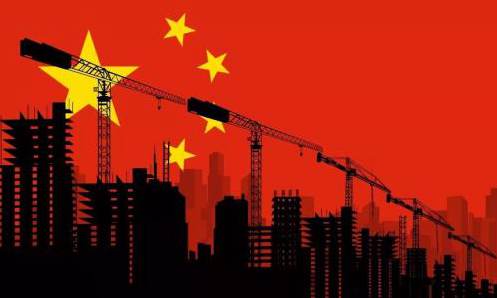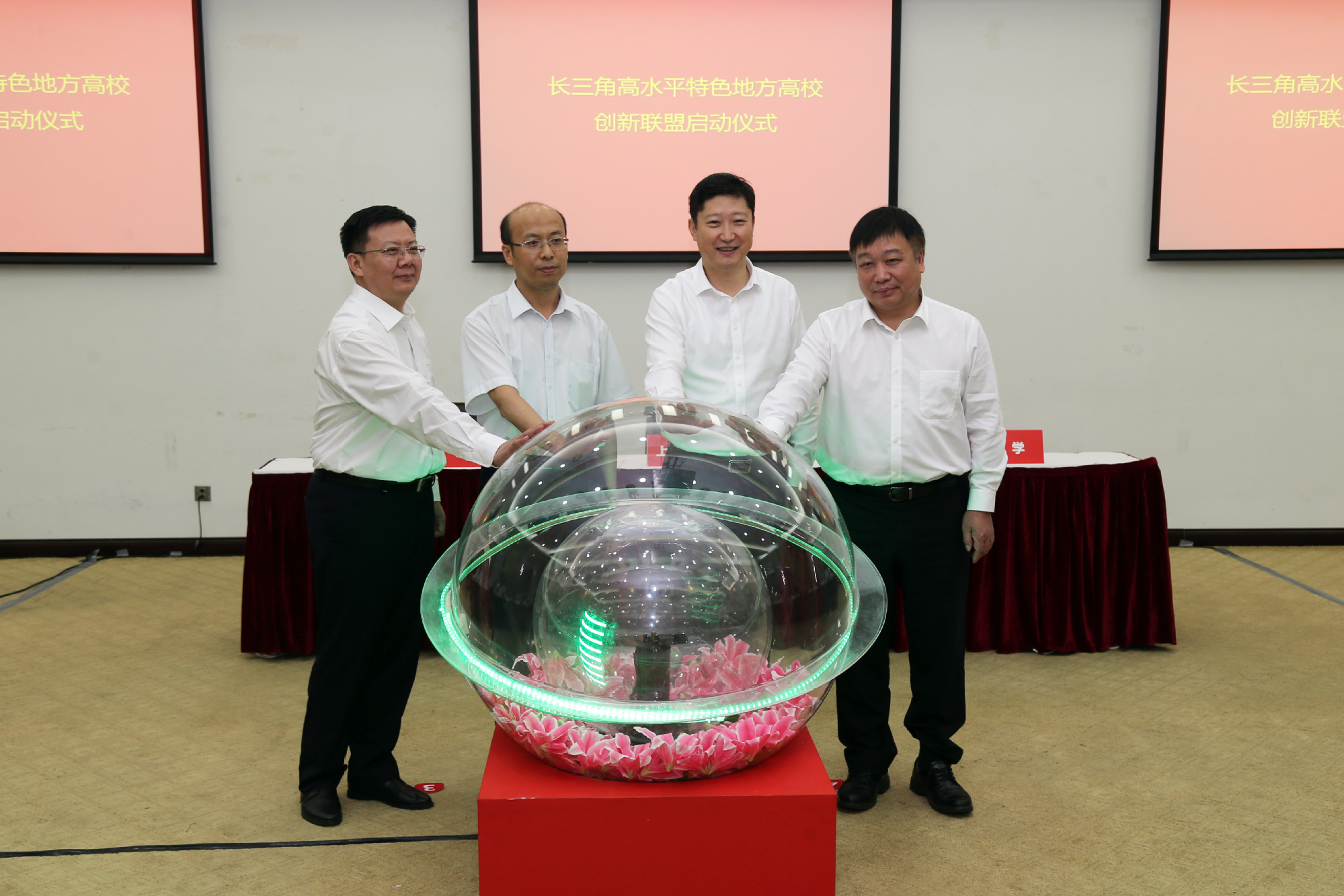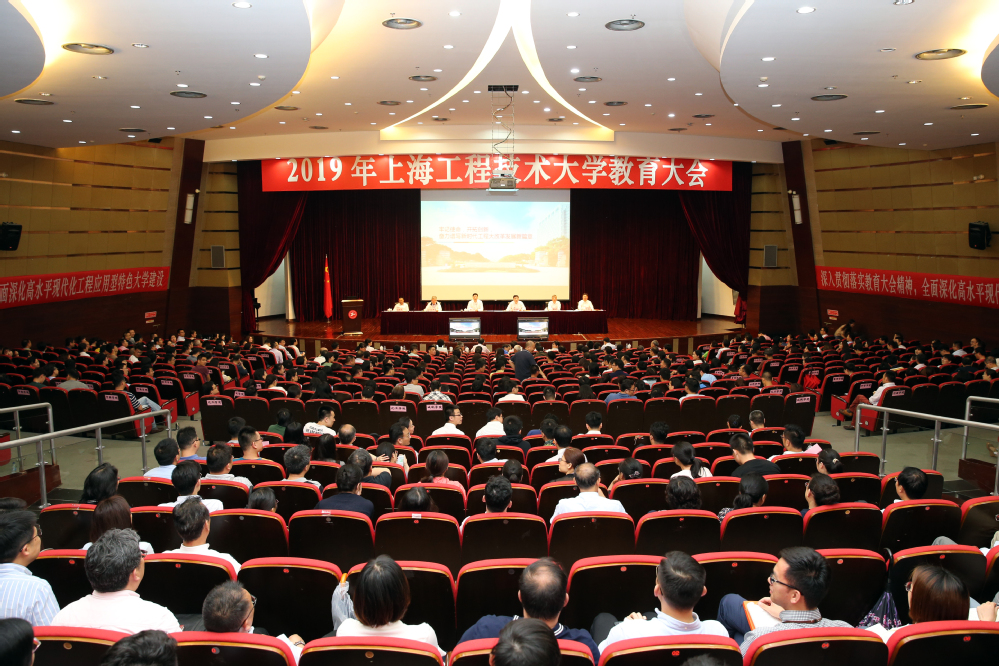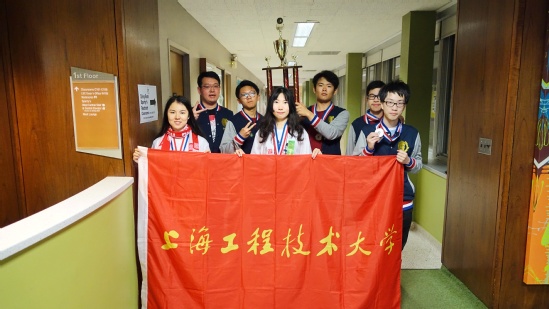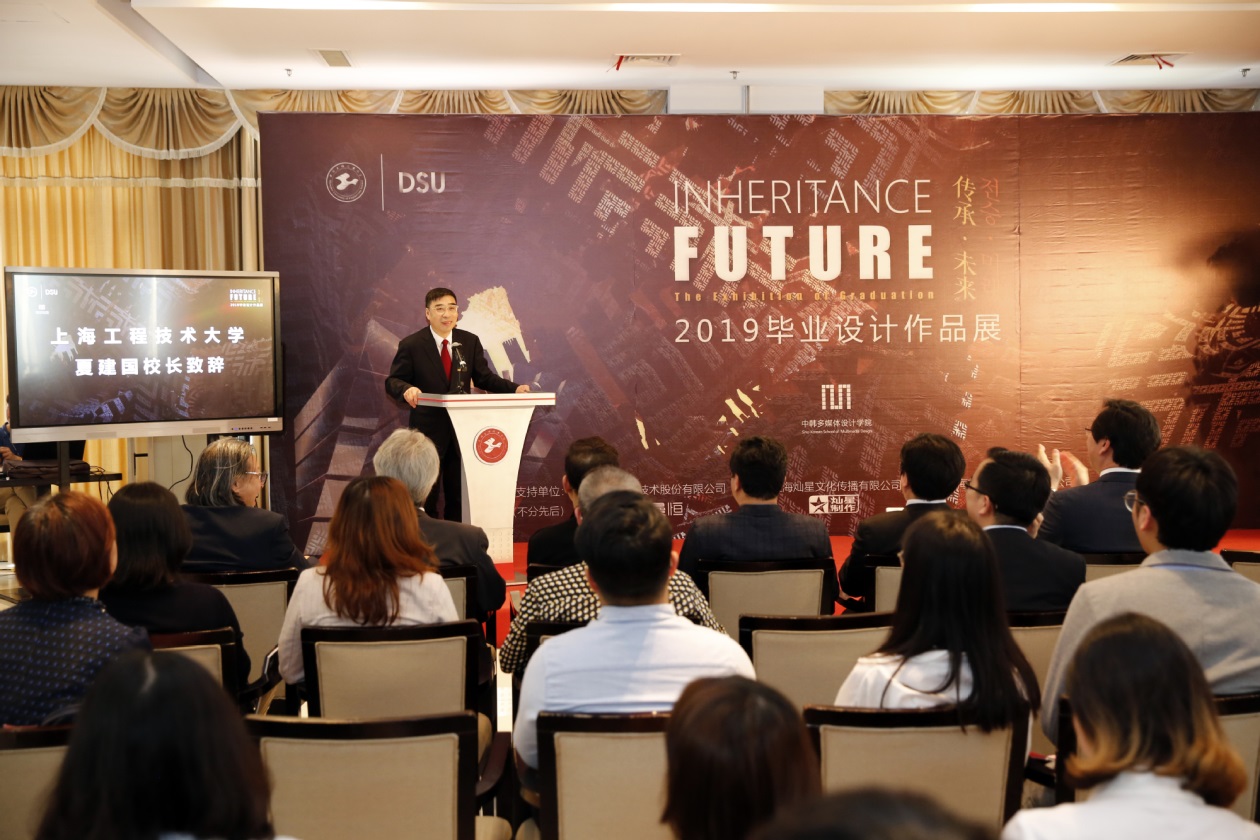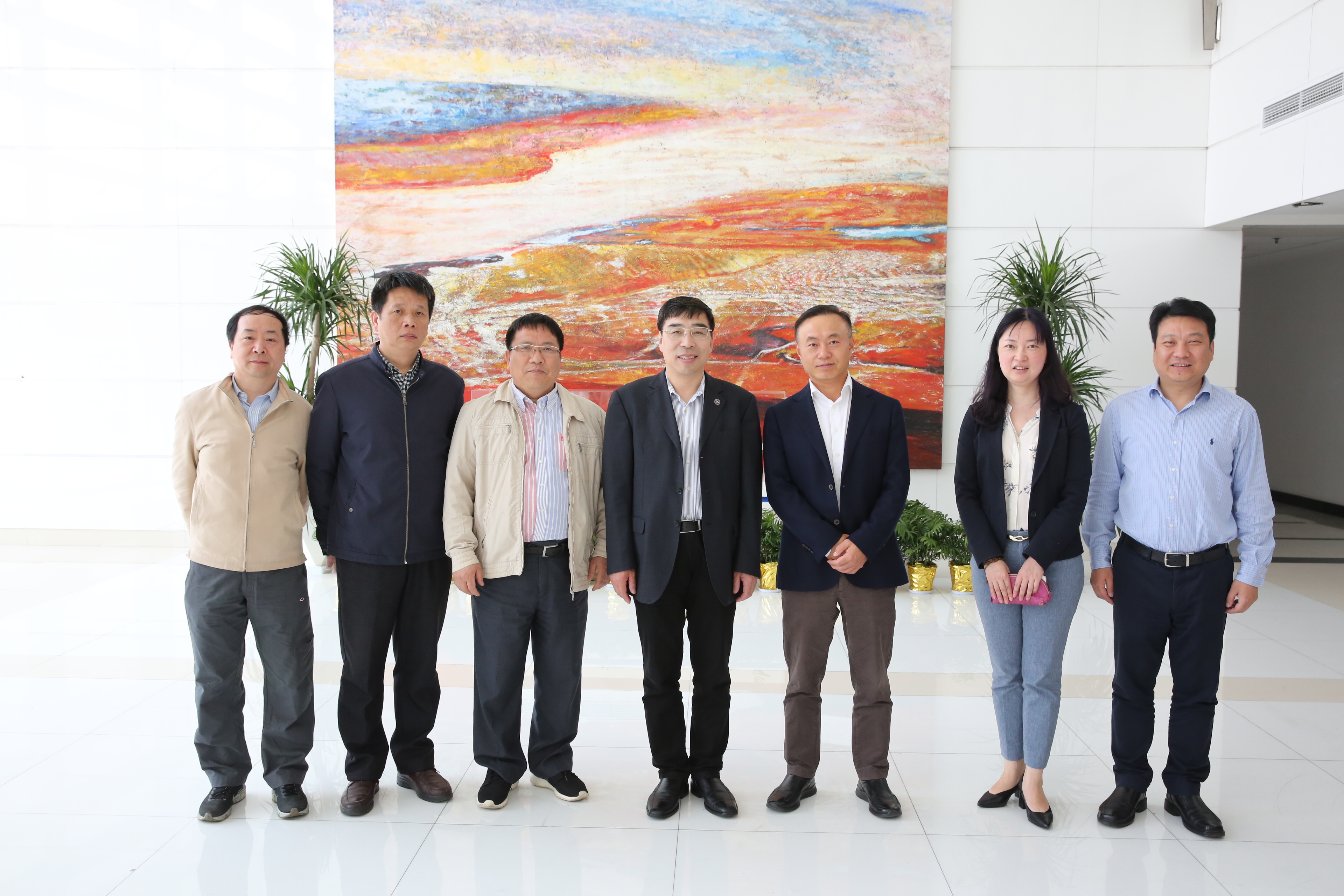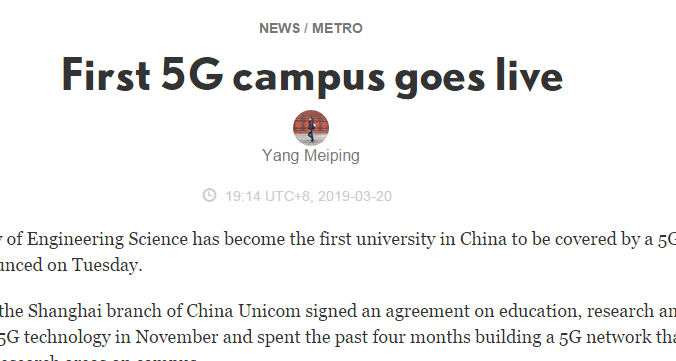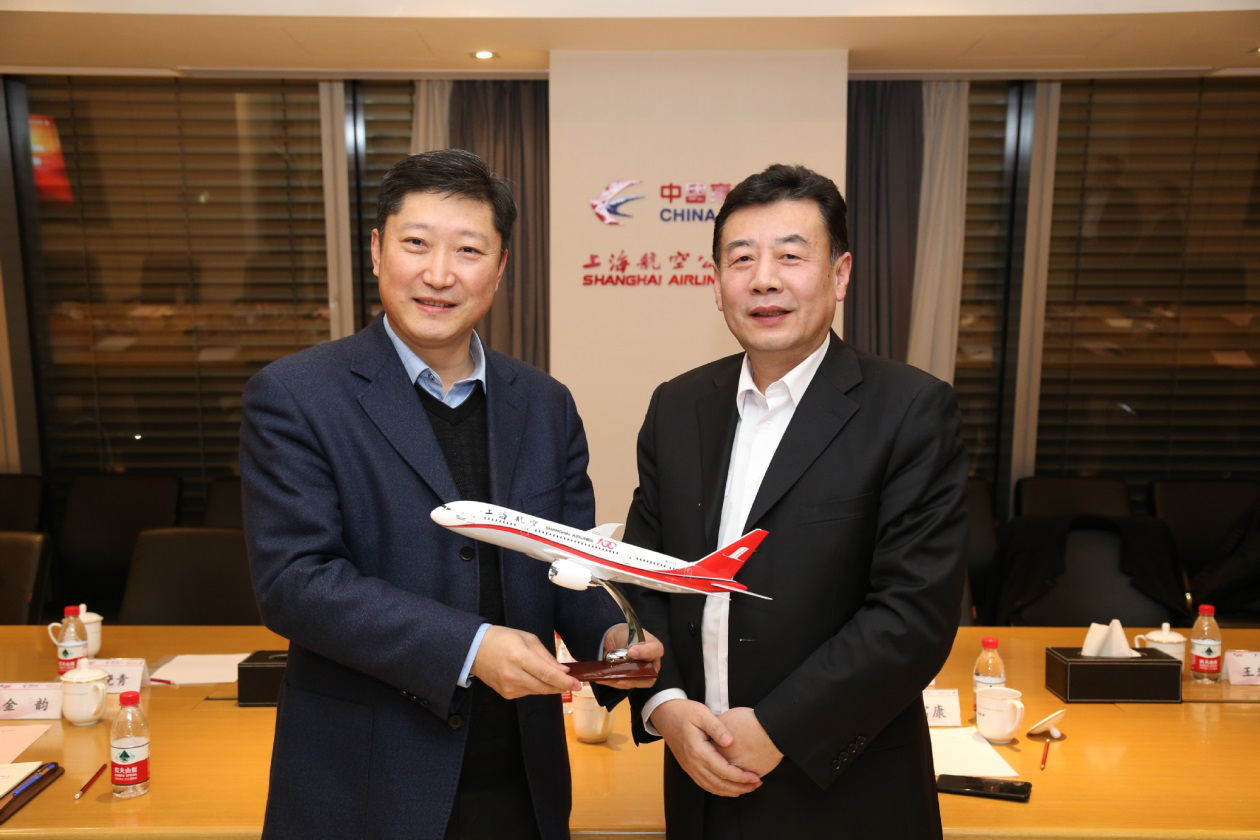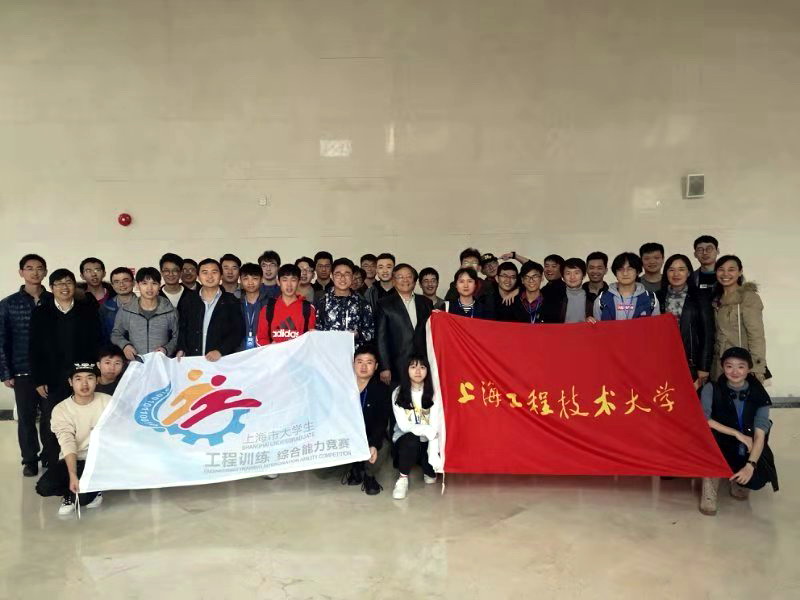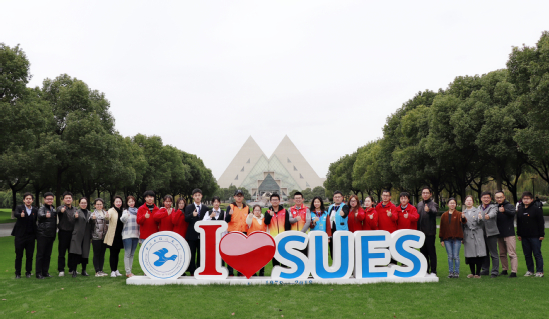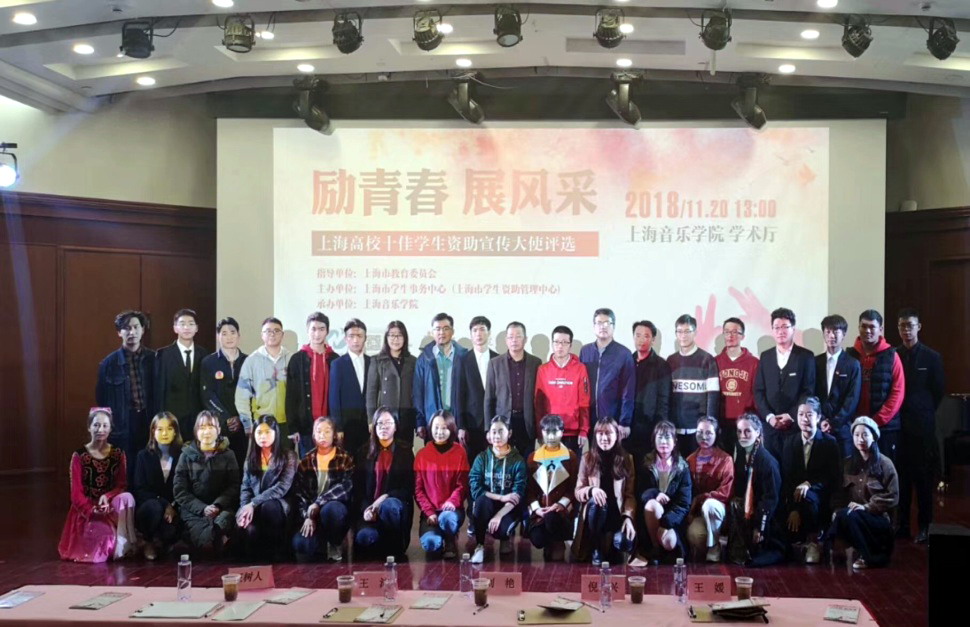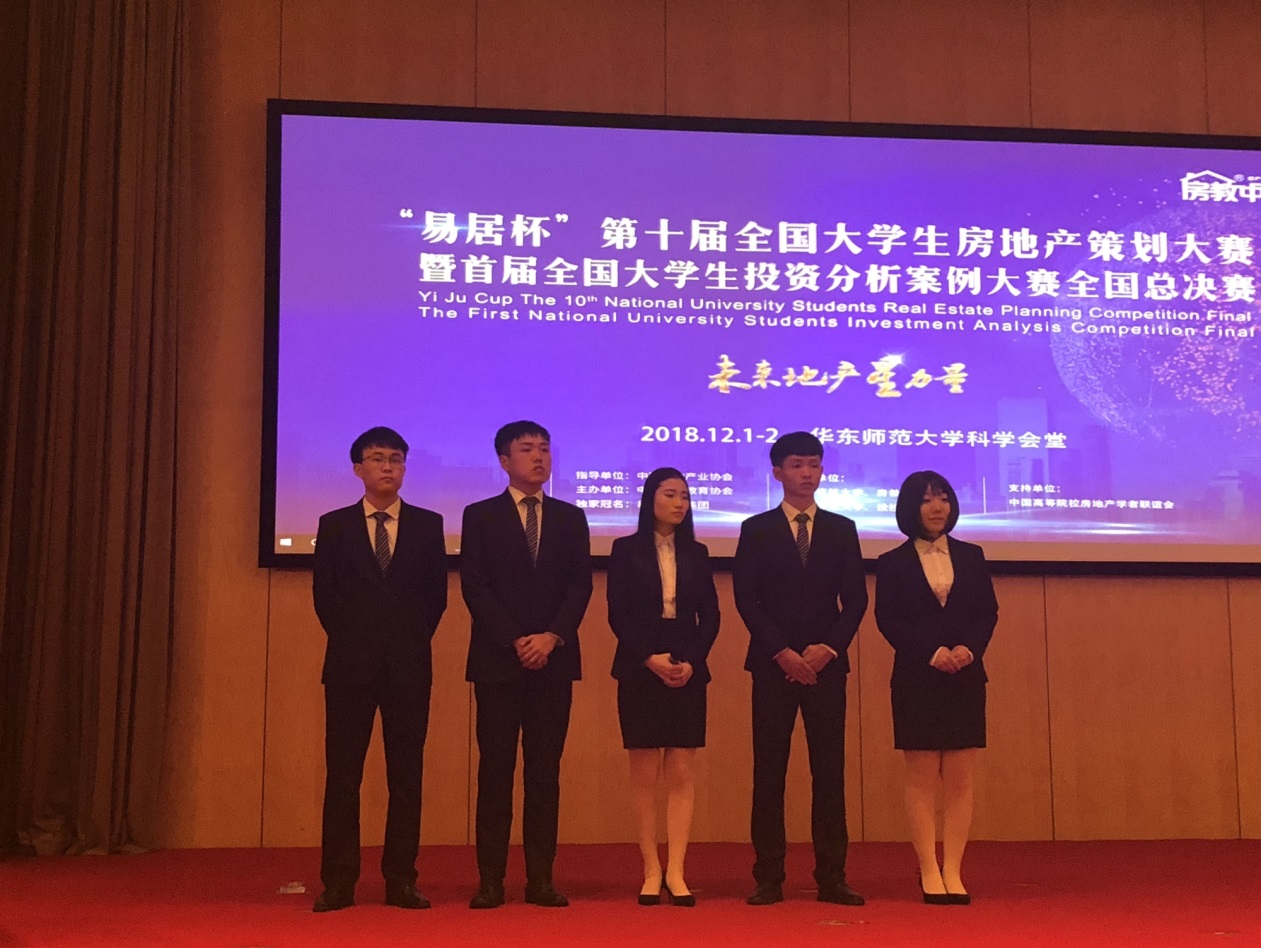
|
On June 17, Shanghai university knowledge service platform construction medium-term inspection report meeting was held at No.3 lecture hall in SUES Information center in Songjiang District, with SUES rail transit operation safety check and evaluation service center (hereinafter referred to as “rail center”) receiving inspection. With inspection organized and coordinated by Shanghai Educational Committee, the inspection team, led by Wang Xingfang, chief of department of science and technology of Shanghai Educational Committee, consists of 9 experts, including Xue Mingyang, chief of Education, Science, Culture and Health Committee of Shanghai People's Congress, Li Xuanhai, director of CMC Innovation Institute for Colleges in Shanghai at Zhangjiang, Yu Guosheng, deputy director of Shanghai Federation of Industry and Economy, and other specialists in the fields of technology, finance, human resources, and education as well as other leaders from Shanghai Educational Committee. The attendees include Ding Xiaodong, president of SUES and chairman of the trust board of rail center, Chen Weiming, vice president of SUES and vice chairman of the trust board of rail center, Shi Jianyong, standing chairman of rail center, Chen Sihao, chief of department of research and development and secretary of rail center, Chai Xiaodong, vice secretary of rail center and chief of school of urban rail transportation, He Yuelei, vice chief of rail center and vice chief of school of urban rail transportation, Lin Jianhui, lead researcher of rail center and vice chief of Changzhou rail transport research institute of Southwest China University of Transportation, and leaders from SUES departments of human resources, of research and development, of finance, and SUES president office, SUES department of postgraduates as well as other working staff in the rail center and all chiefs and vice chiefs of SUES school of urban rail transportation, and some faculty members. Before the beginning of the report meeting, all experts, accompanied by SUES leaders and leaders of rail center, made a field trip to the office and research site located on the fourth floor at No. 5 Building of SUES Engineering Training Center, and moreover conducted onsite experience and guidance of the file management, site construction, and equipment research and development. At 15:00, the report meeting formally began at No.3 Lecture Hall and was presided over by Xue Mingyang, head of the expert panel. At the beginning of the meeting, Ding Xiaodong, SUES president and chairman of the trust board of rail center, at the invitation of Xue Mingyang, delivered a concise opening speech on behalf of SUES and rail center. In his speech, president Ding elaborated on the three characteristic collaboration modes of SUES, i.e. collaboration with the industry to train talents, collaboration with the industry to run university, and collaboration with the industry to make innovations. He also stressed that the establishment and development of SUES rail center set a brilliant example by fully corresponding to the three collaboration modes. Therefore, SUES has offered substantial support in terms of policy, fund, and personnel, which will be further strengthened and improved closely in line with the future growth and expansion of the rail center. SUES will concentrate all its resources on the test field of the rail center to carry out bold trials and innovative reforms with a view to setting a bar in the realm of rail transport. Afterwards, Chen Weiming, vice president of SUES and chief of the rail center made a mid-term inspection report to the expert panel on behalf of the rail center, which included site construction, mechanism construction, formulation of standards, assessment service, research and development of dedicated inspection equipment for rail transport, inspection service, considerations of future development of the rail center as well as all the achievements made by the rail center since its establishment in 2012. In addition, Lin Jianhui, lead researcher of rail center and vice chief of Changzhou rail transport research institute of Southwest China University of Transportation was invited to be the representative of engaged experts, Fan Zhikang, chief of rail transport department of Shanghai Transportation Committee, invited to be representative of rail transport department. Yuan Tianchen, a 2014 postgraduate of vehicle engineering was the representative of postgraduates receiving training at the rail center. The tio introduced the research of rail transit security, and their personal experience of studying and researching at the rail center from different angles and perspectives, and moreover they expressed their gratitude and support to the rail center. The reports made by the three representatives were highly applauded by all the experts present who extended their heartfelt congratulations to all the achievements made by the rail center. In the meantime, as a focus of this mid-term inspection, specialists raised many queries and concerns about the mechanism construction, personnel system, financial management system, scientific project management system, and the future sustainable growth strategy of the center, in response to all of which Ding Xiaodong, chairman of the trust board of the rail center, Chai Xiaodong, vice secretary of the rail center, Miu Hangwai, chief of department of human resources, and Zhang Zhigang, vice chief of department of finance, all made detailed explanations and clarifications. At last, Xue Mingyang, head of the expert panel, made a concluding speech, during which he emphasized that rail center should “set a clear target to highlight features, and constantly reflect on itself with a calm mind.” He also suggested that during the competition in the same field with other universities, the rail center should excel in particular aspects instead of being an “all-rounder” by closely adhering to taking a unique path based on knowledge service and making a flexible use of the strategy of “differentiated competition” . In addition, Xue also advised that in its future development, the rail center should make a better utilization and integration of universities, industries, as well as expertise, personnel, policy, and administrative resources of the relevant cooperating companies and partners so as to strive to develop itself into a model platform of university knowledge service based in Shanghai with influences spreading to the Yangtze River Delta and the whole country and also extensive links to the world. The mid-term inspection drew to a successful end. |







